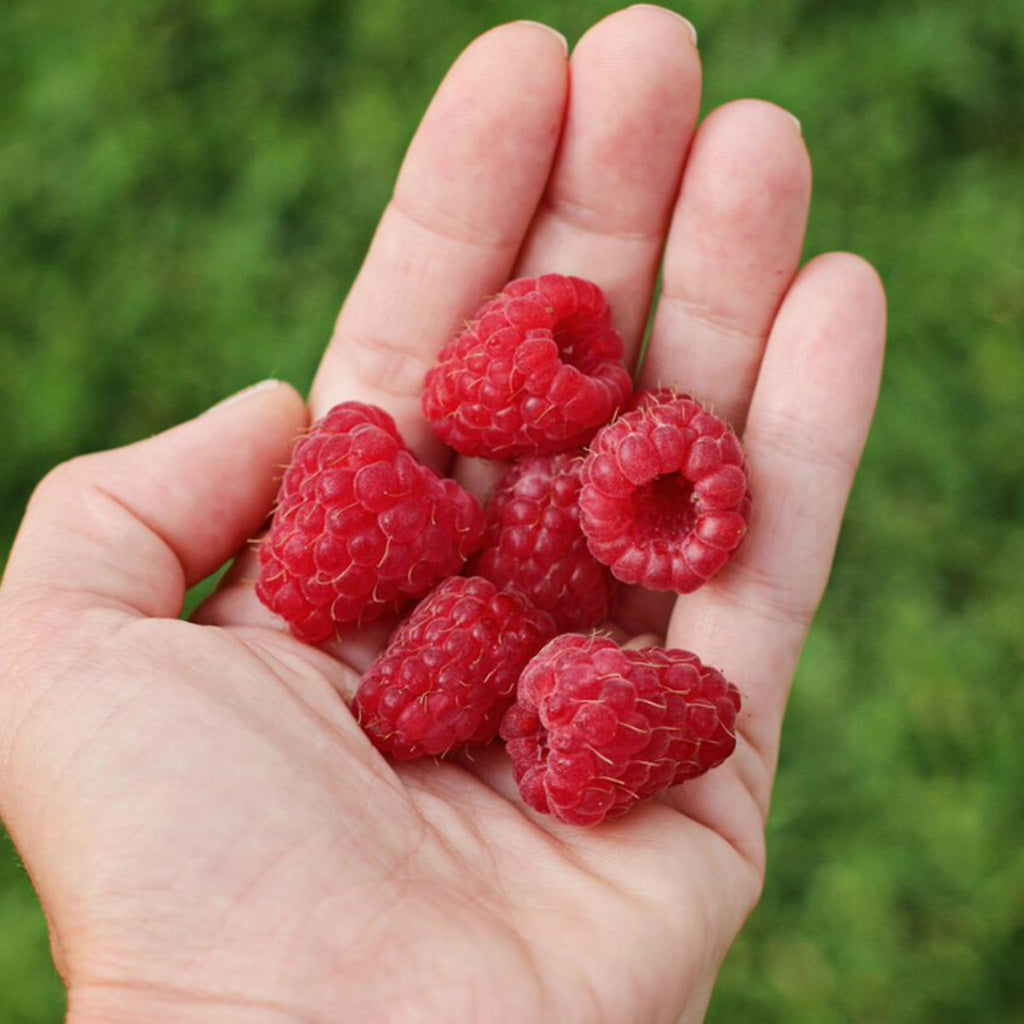
With their beautiful pink colour and juicy flesh, raspberries add colour and taste to fruit platters, baked goods and summer salads. We like to refer to raspberries as ‘Nutritional Powerhouses’, here’s why:
Fibre
Just 1 cup of raspberries provides us with more than 20% of our daily fibre requirements, that’s almost double the amount found in 1 cup of blueberries. Inside our guts we have both beneficial and harmful bacteria. Fibre is a prebiotic, meaning it acts as a food source for the beneficial bacteria in our guts. The presence of beneficial bacteria in our gut is essential to keep us healthy and our immune systems strong. Choosing foods high in fibre, such as raspberries can assist in weight control as they keep us fuller for longer and keep our bowel movements regular.
Manganese and Copper
Adding raspberries to our diet will boosts our sources of Manganese and Copper. These two nutrients are essential to keep our connective tissue strong. As the name suggests, this tissue is necessary to connect and bind the major organs in our body. Manganese also plays a role in bone formation and helps to digest carbohydrates. Both of these nutrients have antioxidant properties, helping to prevent DNA damage in our bodies.
Phytochemicals
As the name suggests, ‘Fight-O Chemicals’ play a major role in fighting inflammation, cancer, aging and some neurodegenerative diseases. Raspberries contain a number of these phytochemicals including ellagic acid, which acts as a scavenger and binds cancer-causing chemicals, making them inactive.
Our favourite ways to enjoy raspberries:
- As a natural sweetener in homemade muffins, click here for our Raspberry Muffin recipe.
- Sweeten up plain natural yoghurt with 1 handful of fresh raspberries.
- 1 small punnet of fresh raspberries makes for a great low calorie, mid morning snack.









